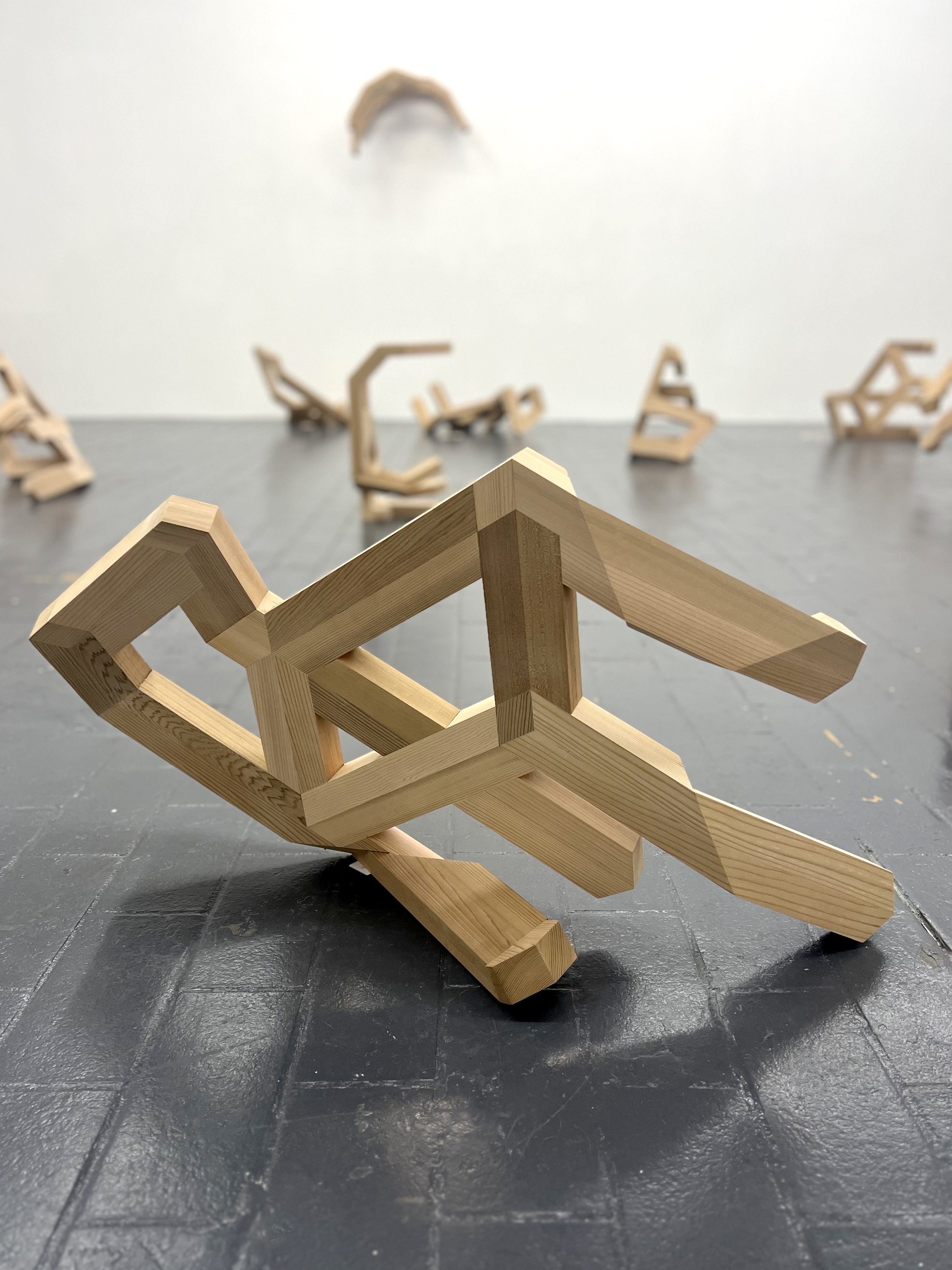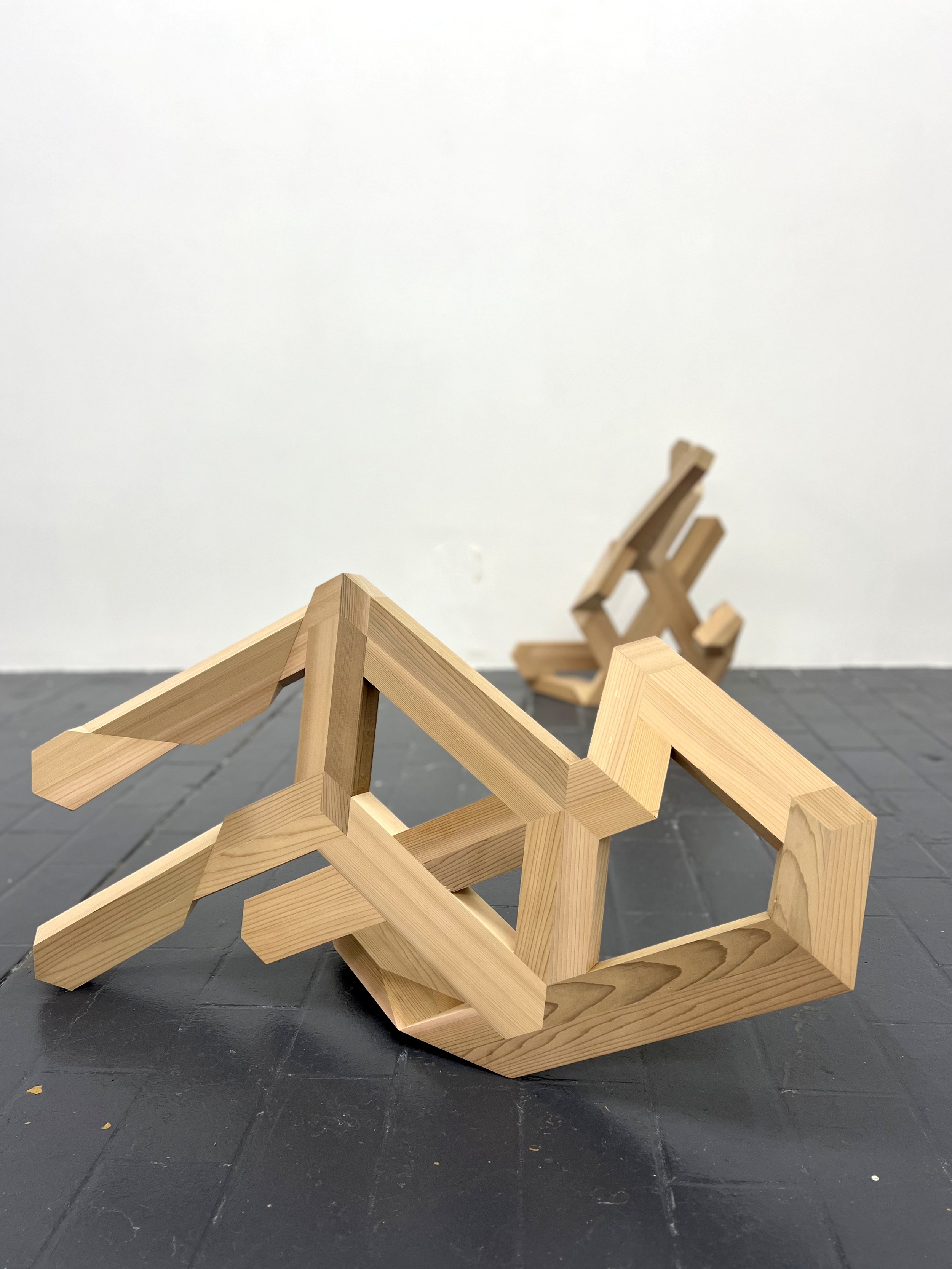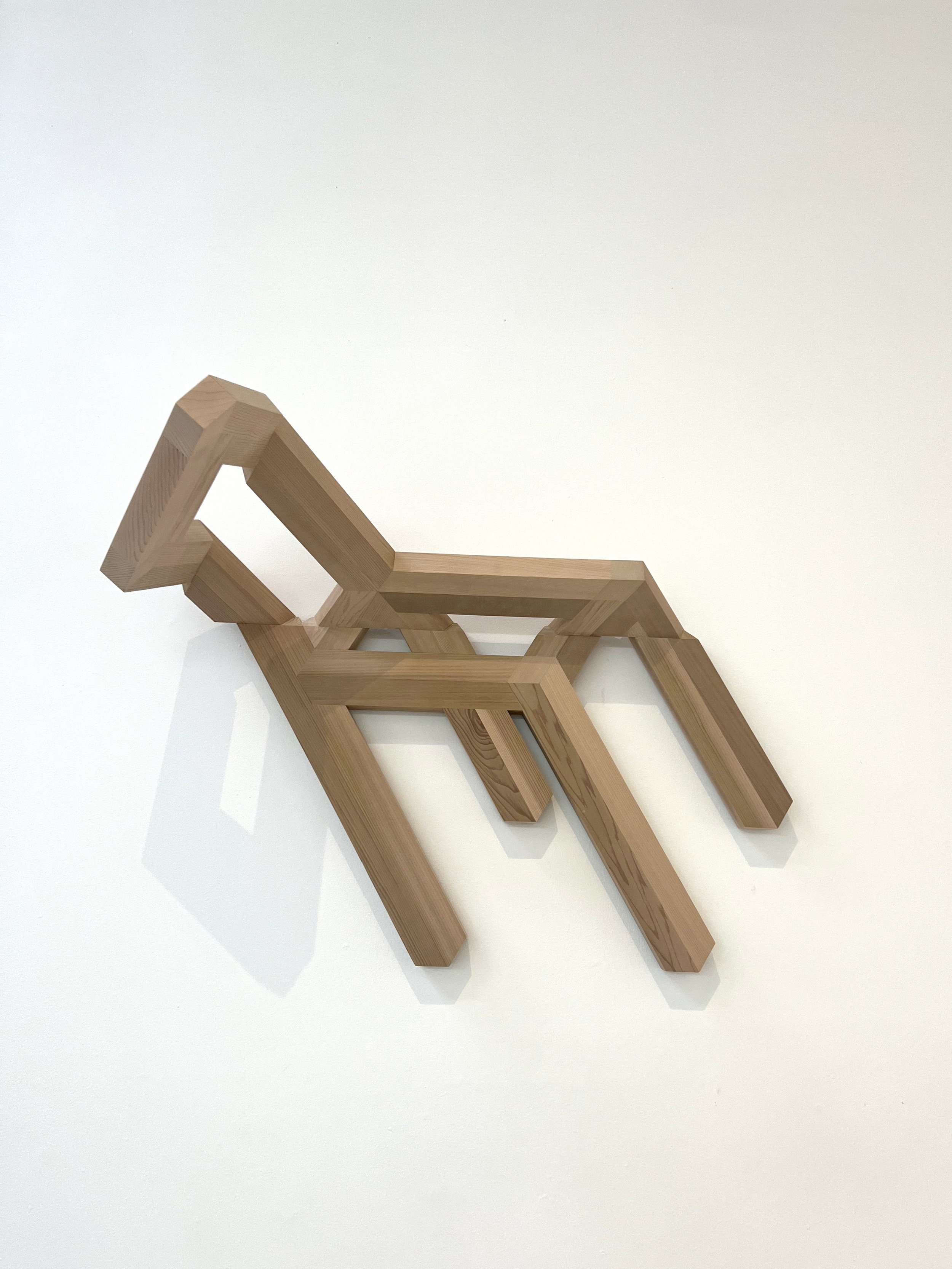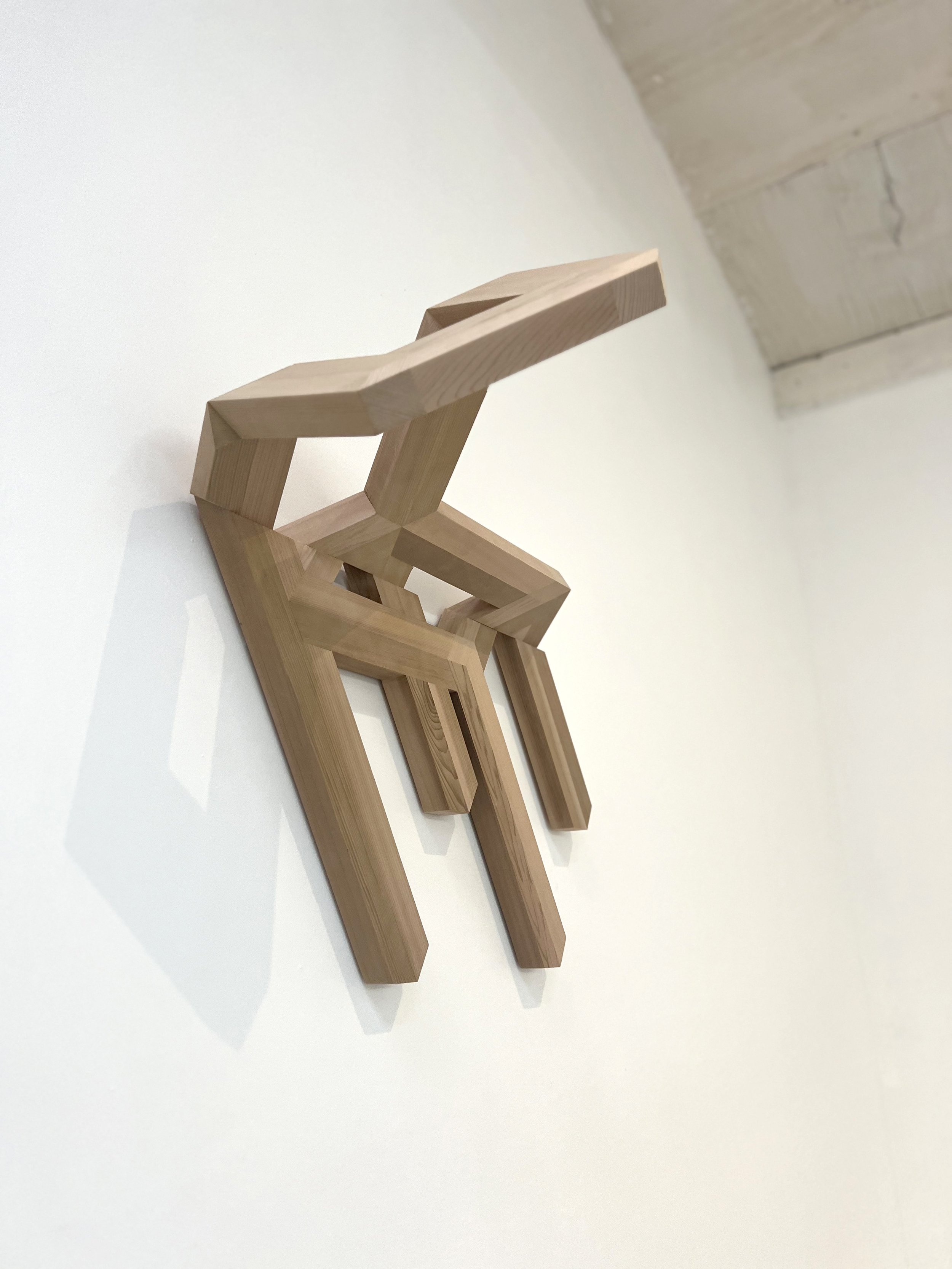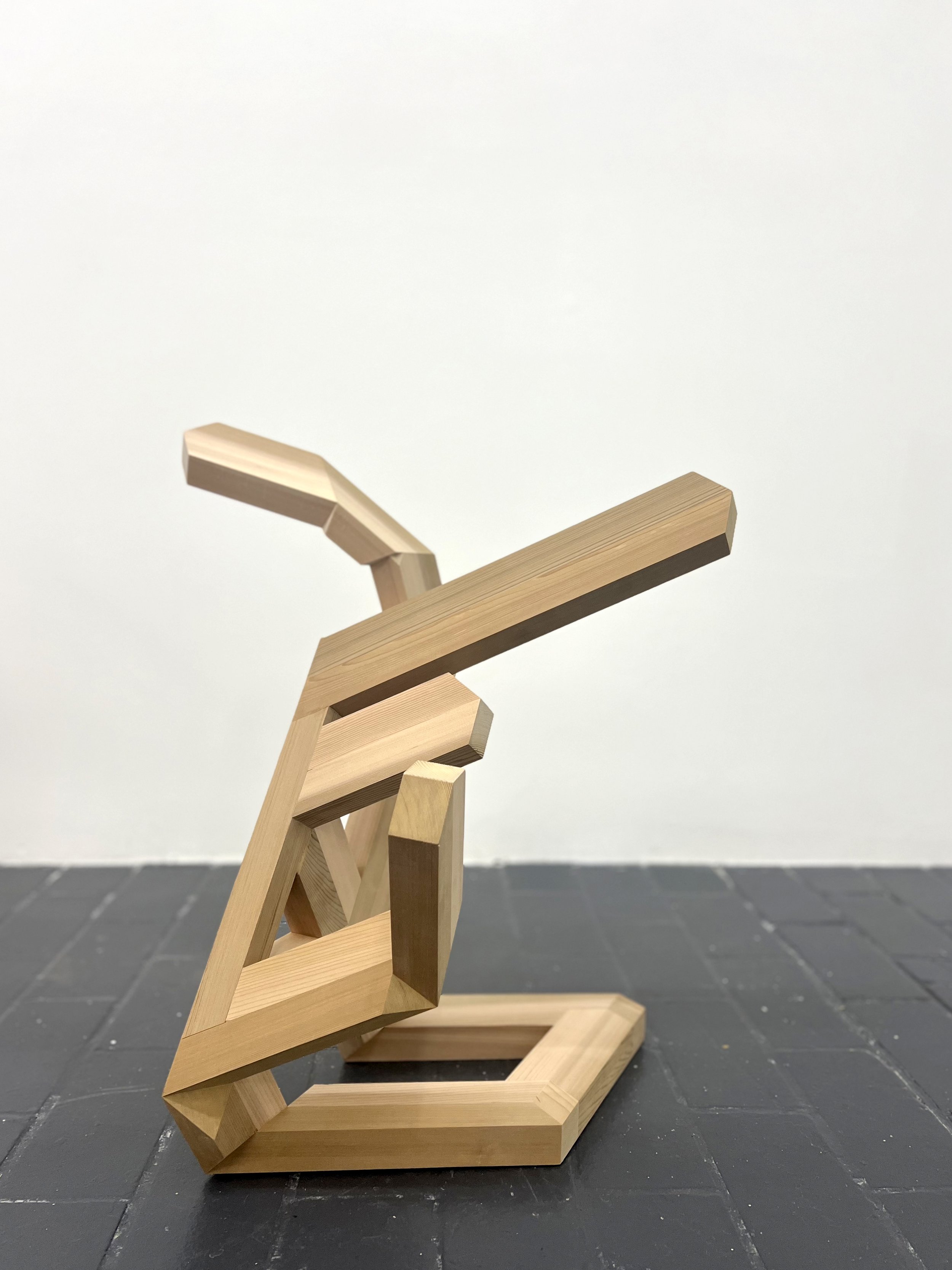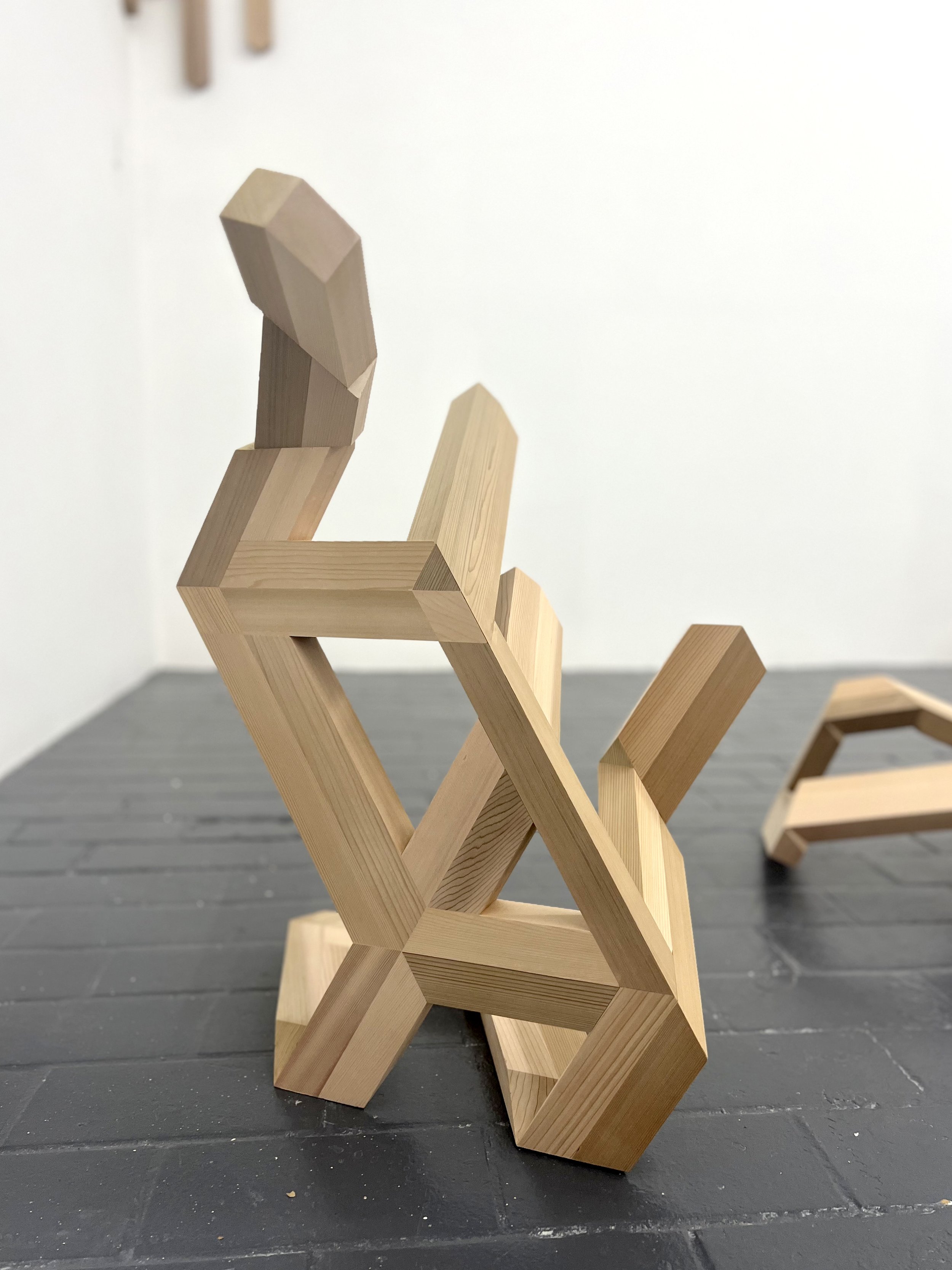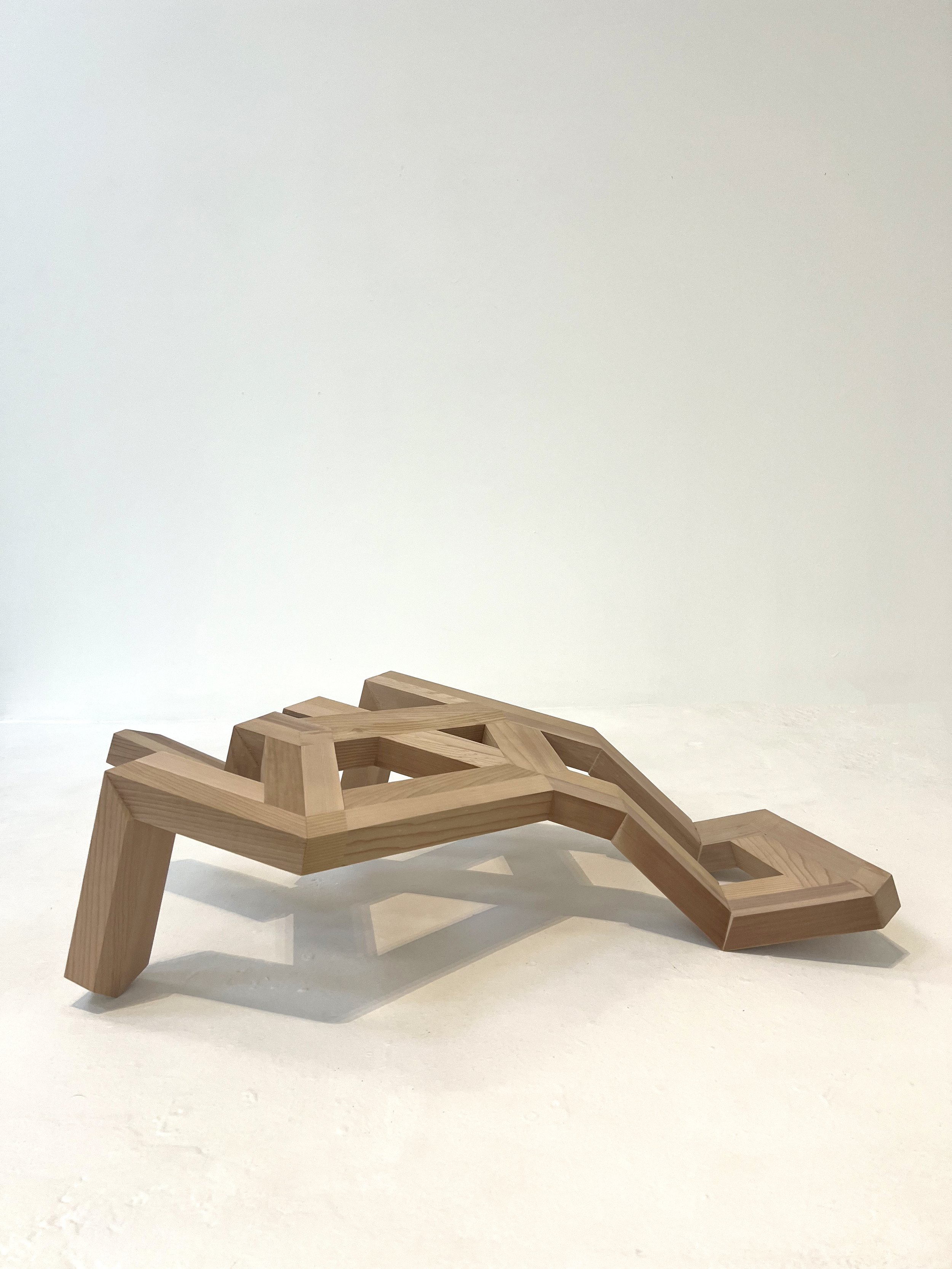

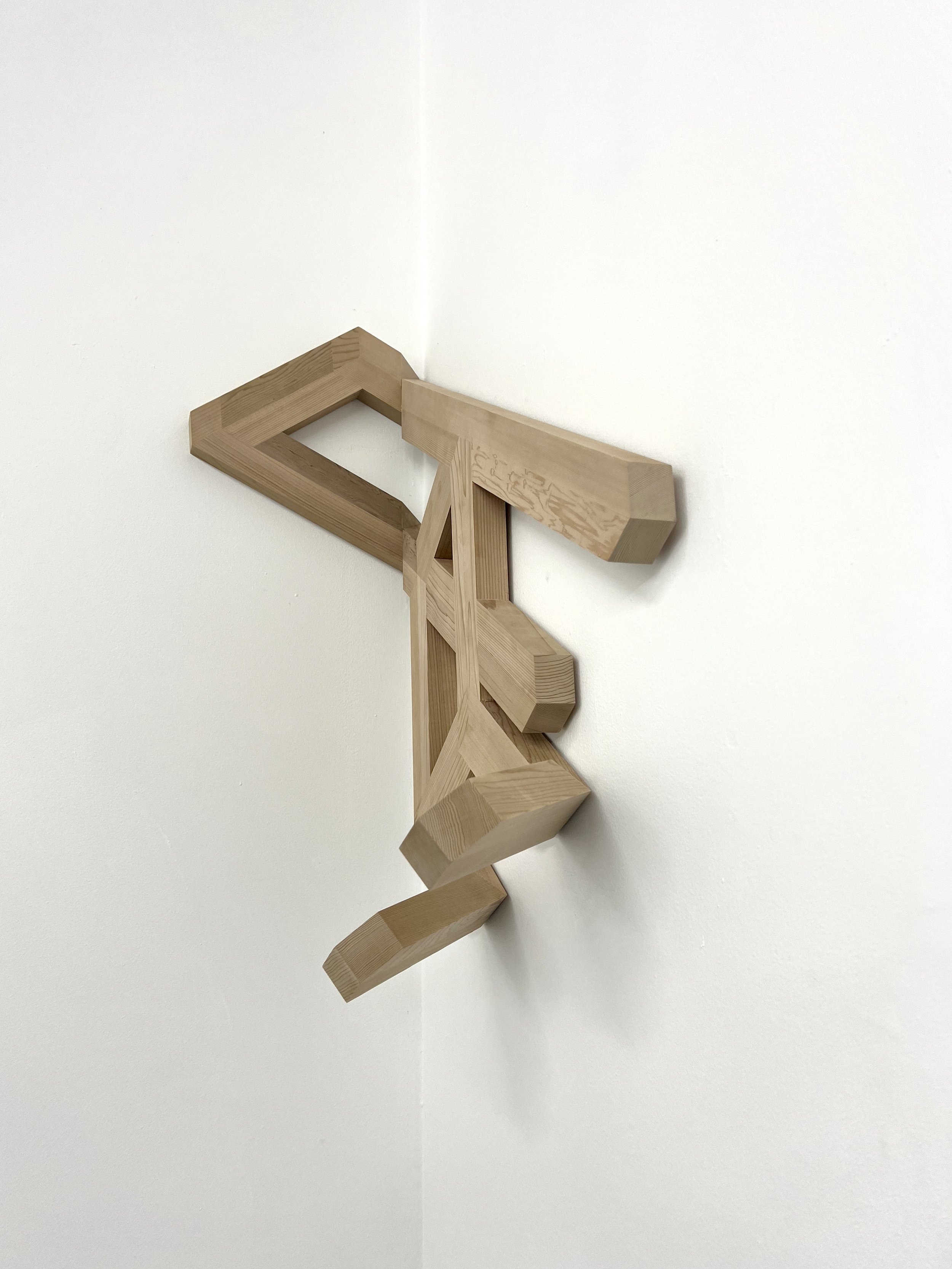
Additional Info
Throughout his life Avasti has received much advice on how to ‘be,’ often focussed on how to be more like the messenger, although generally presented in ways that served only to distance him further from ‘normality.’ The recommendation to “live in the here and now” was far from comforting to a literal pedant, and led Avasti on a path towards scalar invariance, perspectives and an enduring fascination with the friction between and around what is real and what is accurate.
Take ‘now’ as an example. ‘Now’ is a term we use to indicate that we are referring to a time that is neither before, nor after this current moment. But even if we creep up on ‘now,’ it becomes ‘then’ before we can get hold of it: if we look very closely, down to time quanta, it becomes clearer that ‘now’ remains a boundary, a moving nothingness between all things that can happen and all things that have; between all potential and all knowledge.
As unreal and inaccurate as ‘now’ is, it is known and understood universally; this convenient fiction has become a vital component in human communication. It’s not alone either: the description of an experience is often communicated through imagery, expressing what something was like rather than what it was; what it isn’t rather than what it is. However, Avasti suggests that through this form of description there is potential for communication of the ineffable. If we state what an experience was like in enough ways, then perhaps the gap left by the imagery describes what the experience was?
Human Acts (HA) reflects one such barrage of imagery, and forms part of Avasti’s ongoing search for a gap that may provide some insight into ‘being.’



